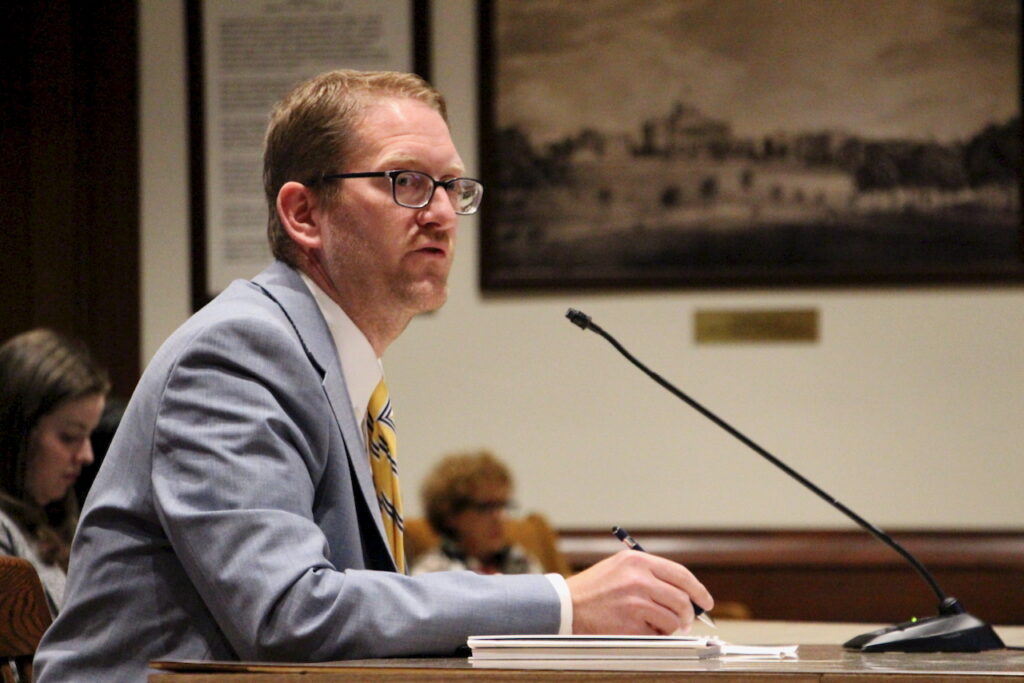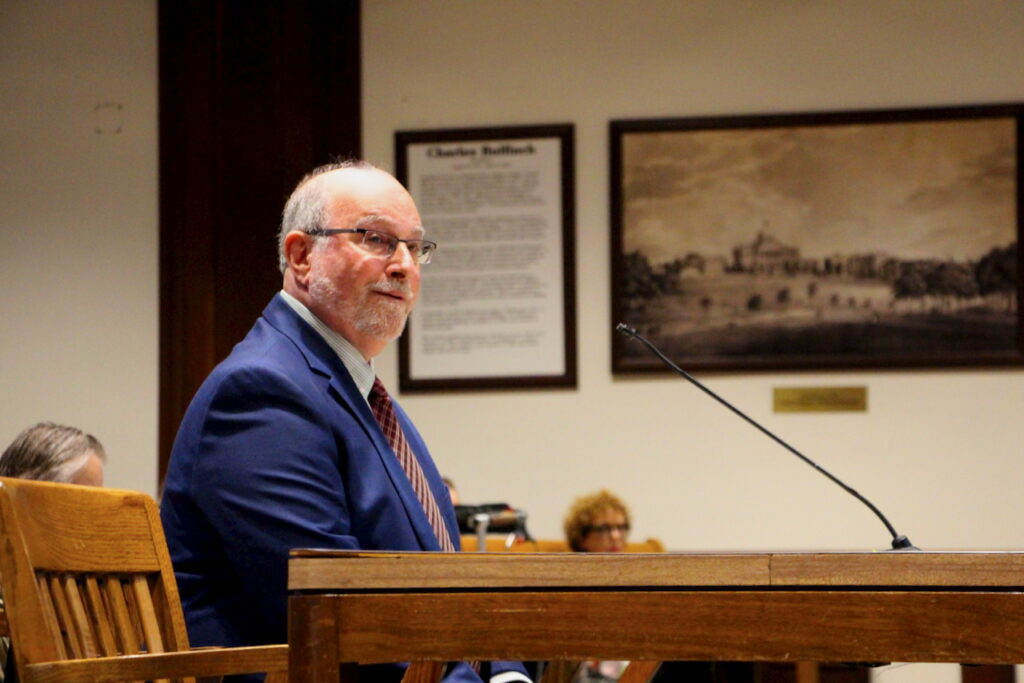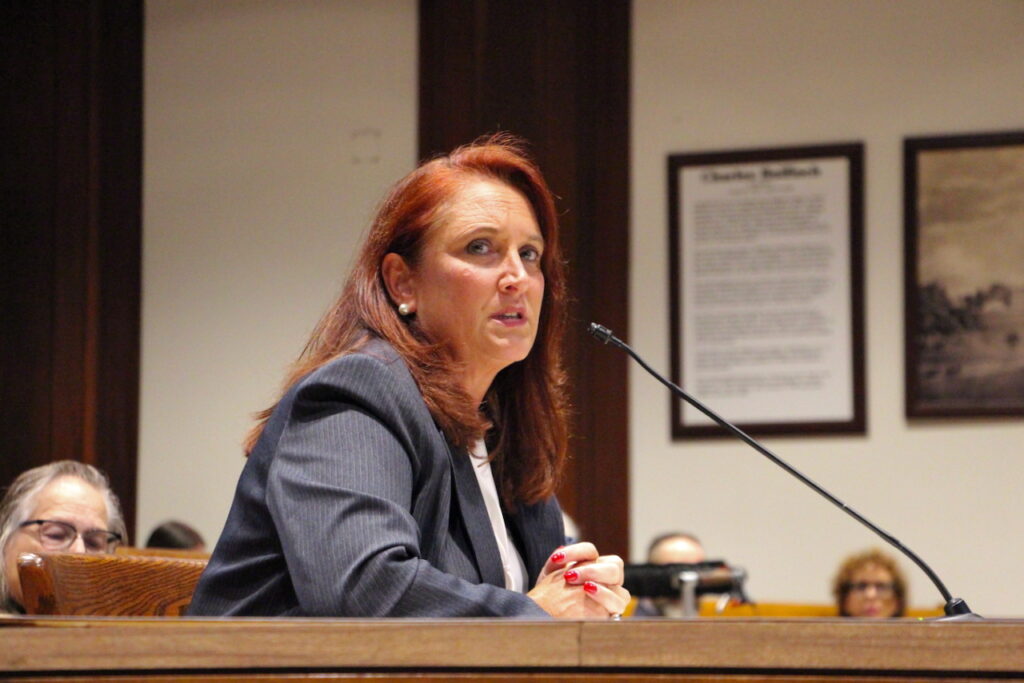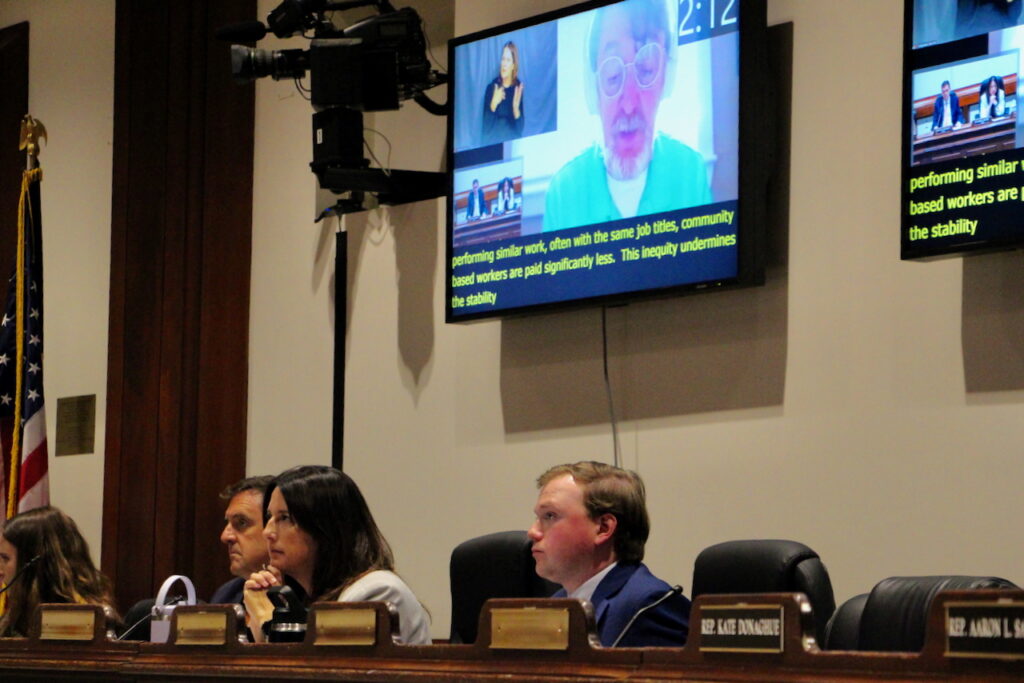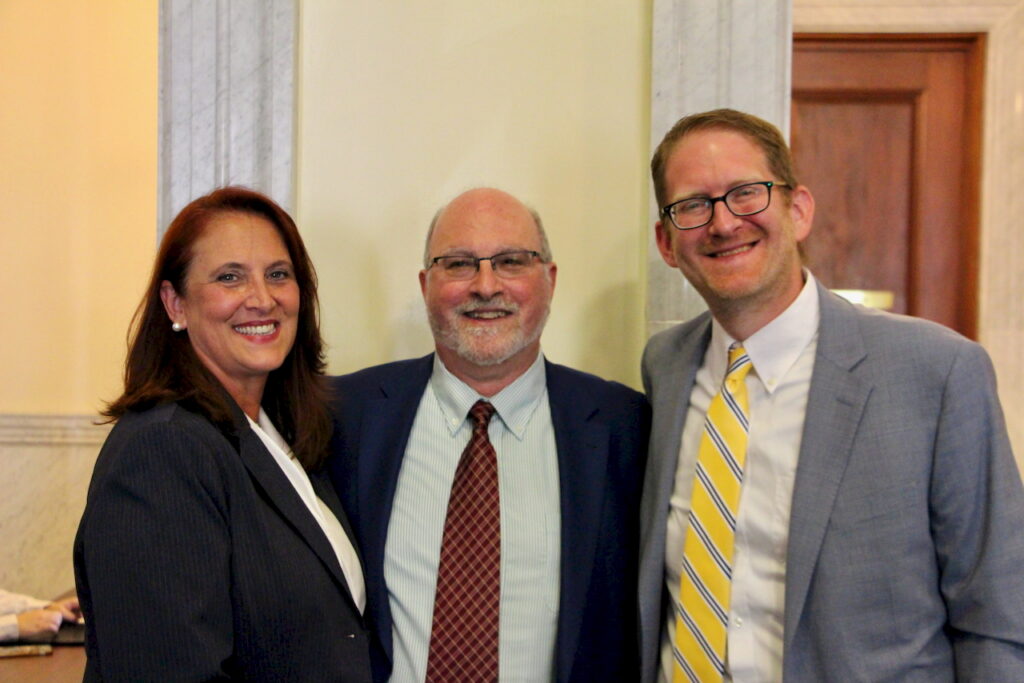On September 22, the Council along with several of its members testified before the Joint Committees on Children, Families and Persons with Disabilities on its bill, An act relative to a livable wage for human services workers (S.130|H.223).
Providers’ Council President and CEO Bill Yelenak led off the hearing giving an overview of the pay disparity between community-based human services workers and state employees. To read the full testimony, please click here.
Yelenak was joined by Craig Gordon, president and CEO of Communities for People; Tammy Mello, president and CEO of Key Program, Inc.; and Peter Evers, president and CEO of BAMSI, who also testified before the committee on the importance of this bill.
To watch the full committee hearing, please click here.
Among other things addressed by the testimony presented at the hearing, the Council pointed out the pay disparity between state and community-based human service employees. The legislature included language in its FY ’25 budget that compelled the Executive Office of Health and Human Services to complete a report on the pay disparity between state and community-based workers.
The data showed that state employees often make more: between 13 to 15 percent for direct care positions; up to 47 percent for master’s level social workers; up to 16 percent more for nurses with bachelor’s degrees; and between 37 and 58 percent for occupational therapists, physical therapists, psychologists and speech-language pathologists.
An act relative to a livable wage for human services workers would eliminate the pay disparity that exists between the salaries of human services workers employed by community-based human service providers and state employees holding similar job titles who perform similar work.
Sponsored by Sen. Cindy Friedman and Rep. Mindy Domb, the legislation outlines a timeline to achieve pay equity, aiming to improve recruitment and retention in a sector that has more than 160,000 jobs. The bill would seek to eliminate the pay disparity no later than July 1, 2029.
The Senate has 60 days to report on the bill. The House has until the first Wednesday of December to report on the bill.
For more information on the hearing, or questions regarding the bill, please contact Caroline O’Neill at coneill@providers.org.
See images from the hearing in the gallery below.
